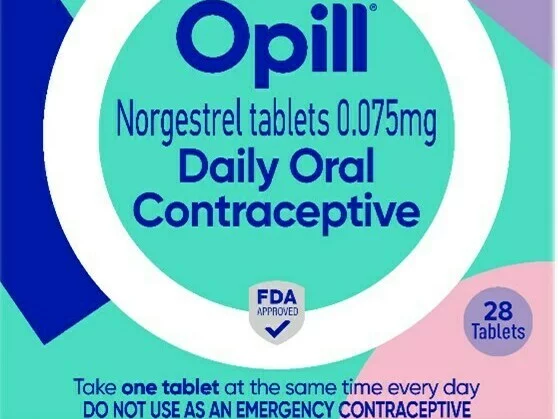
The Food and Drug Administration recently approved a new over-the-counter birth control pill, set to be made available for consumers by 2024. This is the first time a birth control pill has been available without a prescription in the United States.
Once out, the drug, Opill, will be the most effective available over-the-counter contraceptive. And consumers will be able to purchase Opill both online and in stores. The cost of Opill remains undisclosed by the manufacturer, the Perrigo Company.
The drug will benefit many groups that may not have the know-how or confidence to navigate their insurance policies, mainly younger women.
How effective is Opill?
With typical use, Opill has a 93% effectiveness rate. Opill received approval for subscription over 50 years ago, and there’s extensive confirmation and data to back up the drug’s efficacy claims.
How does this affect users in states with limited access to birth control?
Last year, the Supreme Court overturned Roe v Wade, eliminating the constitutional right to abortion. The ruling cast great doubt on adjacent issues, such as birth control access. Now, in many states, there are pushes to limit contraceptives. However, Biden recently signed an executive order to strengthen access to contraceptives. The executive order states:
“The Executive Order directs the Secretaries of the Treasury, Labor, and HHS to consider new actions to improve access to affordable over-the-counter contraception, including emergency contraception. These actions could include convening pharmacies, employers, and insurers to discuss opportunities to expand access to affordable over-the-counter-contraception; identifying promising practices regarding the coverage of over-the-counter contraception at no cost to patients; and providing guidance to support seamless coverage of over-the-counter contraception.”
Currently, the Affordable Care Act mandates insurers to provide coverage for prescription birth control. However, over-the-counter methods are not a requirement. Certain states have already established mandates around insurance for over-the-counter contraceptives, but most don’t.
For more breaking news, in-depth legal analysis, and opinion pieces, visit our home page at Current Affairs Times.







